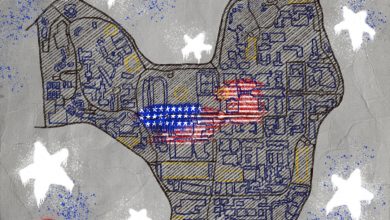Our Periods Shouldn’t Cost Our Paychecks
As women living in the United States, we are no strangers to overpriced feminine hygiene products. Although our complaints in the United States are valid, looking at access to sanitary supplies in other countries brings perspective.
In Argentina, the state of feminine hygiene products is more dire, not only more expensive but occasionally virtually inaccessible. ABC reports that in the last two weeks tampons have become scarce and increasingly difficult to obtain. This decrease in tampon supply is believed to be a result of businesses trying to drive up prices, government regulations and import restrictions. Stores are charging $30 a box and as panic increases, people are buying up stocks of tampons, in turn decreasing general availability.
Miguel Ponce, the head of the importers chamber describes this phenomenon, “people see the news, get alarmed, and then go out and stock up.” Permits are difficult to obtain and Cabinet Chief Jorge Capitanich blames the shortage on importer “strategy.” No one is quite sure what is causing the shortage, or if it is a combination of factors, but it is certainly an issue that needs to be dealt promptly.
As a monthly menstrual cycle is a biological imperative for most women, the steep prices of pads and tampons seem sexist and unfair. In fact, Jessica Valenti makes the case for free tampons, arguing “a product that half the world’s population needs multiple times a day, every month for approximately 30 years, is simply too much.” Or as Gloria Steinem has proclaimed, if men got periods they “would brag about how long and how much,” there would be “gifts, religious ceremonies,” and sanitary supplies would be “federally funded and free.”
One positive possible outcome is the space this tampon crisis could open up for reusable feminine hygiene products like the Diva Cup or Gladrags. We need to generate discussion about the accessibility and affordability of feminine hygiene products. Tampons and pads are not luxury items, they are health necessities.
Want to help?
Donate to Pads4Girls to allow women to continue work or school during their menstruation cycle or She, an organization that assists women that wish to produce affordable pads. Locally, Bruin Feminists organizes womxn hygiene drives for LA shelters.





